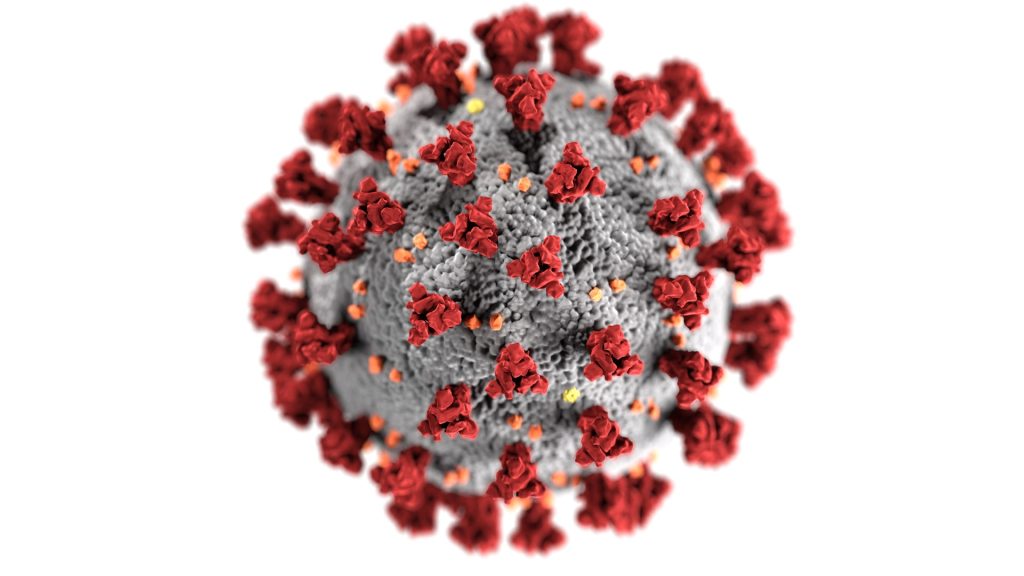
Osaka University researchers have discovered that infection with SARS-CoV-2 results in not only the production of neutralising antibodies that prevent infection, but also of infection-enhancing antibodies.
Both neutralising antibodies that protect against infection as well as infection-enhancing antibodies that increase infectivity are produced after infection with SARS-CoV-2 by analysing antibodies from COVID patients.
Virus-specific antibodies generally are considered antiviral, playing an important role in the control of virus infections. In some cases however, the presence of specific antibodies can benefit the virus. This activity is known as antibody-dependent enhancement of virus infection, a phenomenon in which virus-specific antibodies enhance the entry of virus, and in some cases the replication of virus, into monocytes/macrophages and granulocytic cells through interaction with Fc and/or complement receptors.
In COVID infections, antibodies that target the receptor binding site (RBD) of the SARS-CoV-2 spike protein play an important function as neutralising antibodies that suppress SARS-CoV-2 infection by preventing it from binding to the human receptor, ACE2. However, the function of antibodies against other sites of the spike protein was not known.
“We found that when infection-enhancing antibodies bind to a specific site on the spike protein of SARS-CoV-2, the antibodies directly cause a conformational change in the spike protein, resulting in the increased infectivity of SARS-CoV-2. Neutralising antibodies recognise the RBD, whereas infection-enhancing antibodies recognise specific sites of the N-terminal domain (NTD),” explained lead researcher Professor Hisashi Arase. “Furthermore, the production of infection-enhancing antibodies attenuated the ability of neutralising antibodies to prevent infection.”
The study found that patients with severe COVID produced more infection-enhancing antibodies. Non-infected individuals were also found to possibly have small amounts of infection-enhancing antibodies.
Though infection-enhancing antibodies may be involved in the development of severe disease, further research is necessary to determine whether they are in fact involved in the worsening of infection in the body.
A possible benefit would be that by analysing the antibody titer of infection-enhancing antibodies, it would be possible to see who would be prone to severe COVID. The findings are also important for the development of vaccines that do not induce the production of infection-enhancing antibodies.
“It is important to analyse not only neutralising antibodies but also infection-enhancing antibodies. In the future, it may be necessary to develop vaccines that do not induce the production of infection-enhancing antibodies, because infection-enhancing antibodies may be more effective against mutant strains in which neutralising antibodies are not sufficiently effective,” says Professor Hisashi Arase.
Source: Osaka University
Journal information: Yafei Liu et al, An infectivity-enhancing site on the SARS-CoV-2 spike protein targeted by antibodies, Cell (2021). DOI: 10.1016/j.cell.2021.05.032

